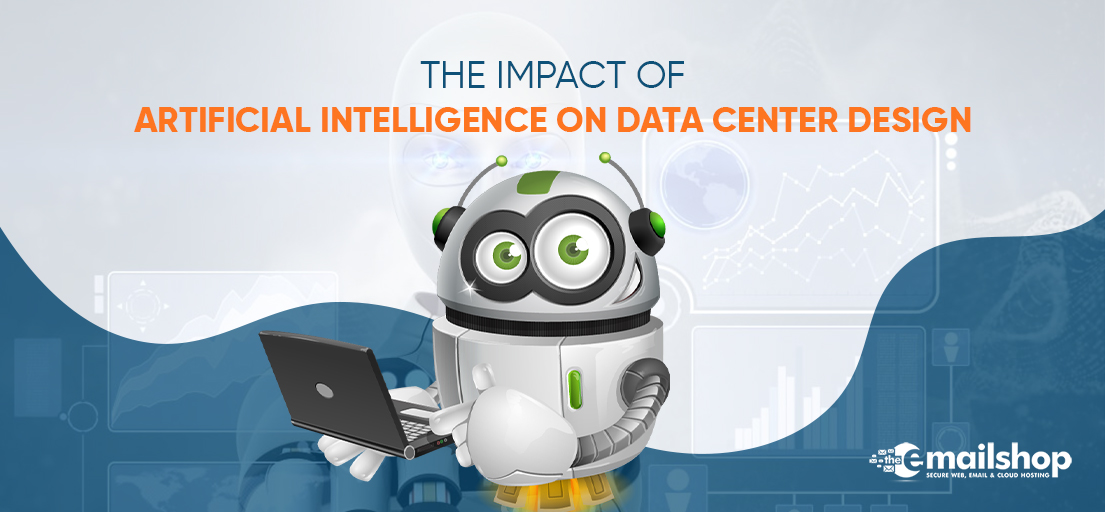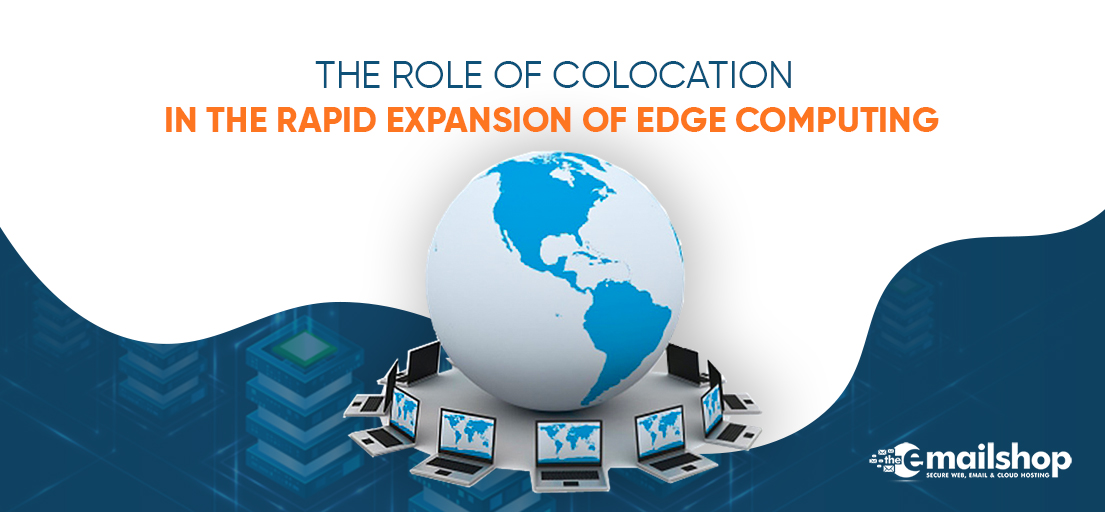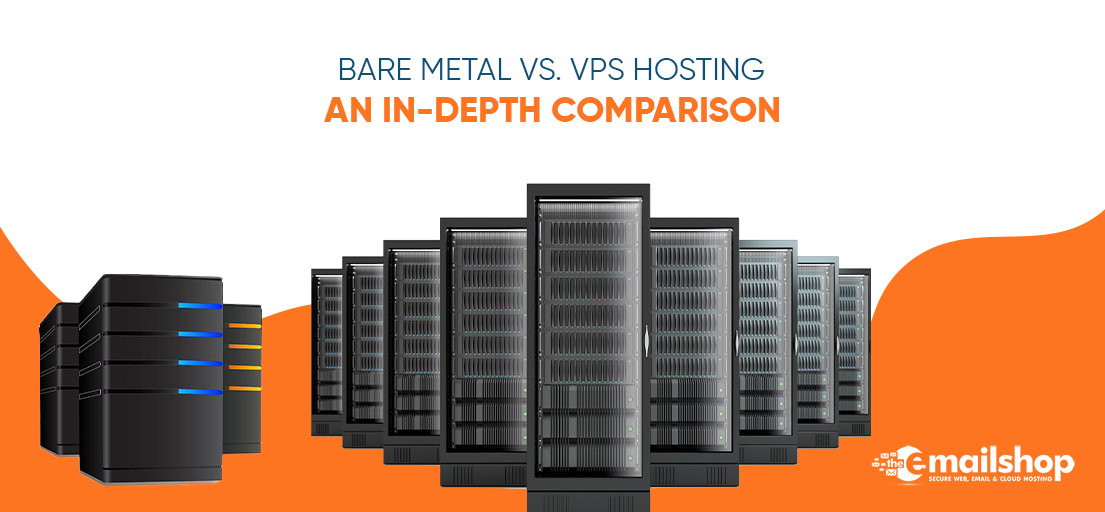The rapid advancement of artificial intelligence (AI) and machine learning technologies has had a substantial impact on many industries, including data center architecture and operations. As AI computers get more intelligent and powerful, they are generating significant changes in the way data centers are built, maintained, and optimized. The impact of artificial intelligence processors on data center architecture and operations, as well as how they are affecting the future of data center efficiency is investigated in this article.
Introduction to AI in Data Centers
AI has emerged as an essential component of data center modernization. In an era where data is the lifeblood of businesses and digital services, artificial intelligence (AI) has emerged as a game changer in data center operational optimization. The powers of artificial intelligence are transforming how data centers run, from predictive maintenance and resource allocation to security breakthroughs and energy efficiency. This sets the scenario for a look at how artificial intelligence (AI) is reinventing the modern data center, lowering procedures, enhancing performance, and ensuring that these critical hubs of digital activity remain malleable and adaptive in an increasingly data-driven world.
The Impact of Artificial Intelligence on Data Center Design
AI has ushered in a new era of creativity and efficiency in a variety of industries, and its impact on data center design is no exception. at how AI is transforming data center design and how it is changing the way we build and operate these important infrastructure centers.
Increased Efficiency Through Predictive Analytics
AI algorithms are skilled at analyzing enormous datasets in order to forecast future trends and requests. AI can be used in data centers to optimize resource allocation, cooling systems, and electricity distribution. By recognizing anomalies and arranging maintenance in advance, predictive analytics can help prevent equipment breakdowns. This results in increased energy efficiency and lower operational expenses.
Enhanced Security with AI-Powered Monitoring
Data centers’ key priority is cybersecurity. Artificial intelligence-powered security solutions can continuously monitor network traffic, detecting strange trends or potential attacks in real-time. These systems can respond to and mitigate security breaches quickly, increasing data centers’ overall resilience to intrusions.
Energy Efficiency and Sustainability
AI has the potential to significantly reduce energy consumption in data centers. AI can cut energy use by dynamically altering cooling and power usage based on real-time data. Furthermore, AI-driven workload optimization can combine processes onto fewer servers, reducing the energy footprint even further. These techniques not only decrease operational costs but also align data centers with long-term sustainability objectives.
Intelligent Resource Management
AI can optimize resource allocation within the data center. By assessing historical usage patterns and task requirements, AI can more efficiently distribute computing resources. This ensures that servers are used to their full capability, reducing waste and the need for more hardware.
Improved Scalability and Flexibility
Scalability is a key consideration when developing a data center. AI can dynamically scale resources up or down based on workload demands, ensuring that data centers can respond to changing requirements in an effective manner. This adaptability reduces the requirement for over-provisioning, resulting in cost savings.
Predictive Maintenance and Equipment Longevity
In data centers, complex hardware systems are used. AI can predict when equipment is likely to fail based on data analysis, allowing for preventative maintenance. This not only increases the equipment’s life but also saves downtime and service interruptions.
Data Center Location Optimization
AI-driven analysis can aid in the selection of suitable data center locations. AI can assist organizations in making informed decisions about where to locate their data centers for optimal efficiency and sustainability by taking into account elements such as climate, access to renewable energy sources, and network connectivity.
Autonomous Operations
Autonomous operations are the ultimate goal of AI in data center design. Without human interaction, AI systems can make real-time judgments about resource allocation, security, and maintenance. While complete autonomy remains a long-term goal, AI is already lowering the need for physical supervision.
You May Also Like To Read: Edge Computing vs Cloud Computing: Everything You Need to Know
Summarizing
To summarize, artificial intelligence processors have a profound and far-reaching impact on data center design and operations. AI processors are influencing the future of data center efficiency by allowing for more efficient resource utilization, driving architectural changes, and powering intelligent management systems. As AI technologies advance and become more widely used, their impact on data center design and operations is set to grow. To stay competitive in this ever-changing world, data center operators and designers must stay on top of technological advances and adapt their plans accordingly.
For Discount and Offers, Visit our Official Twitter Page









